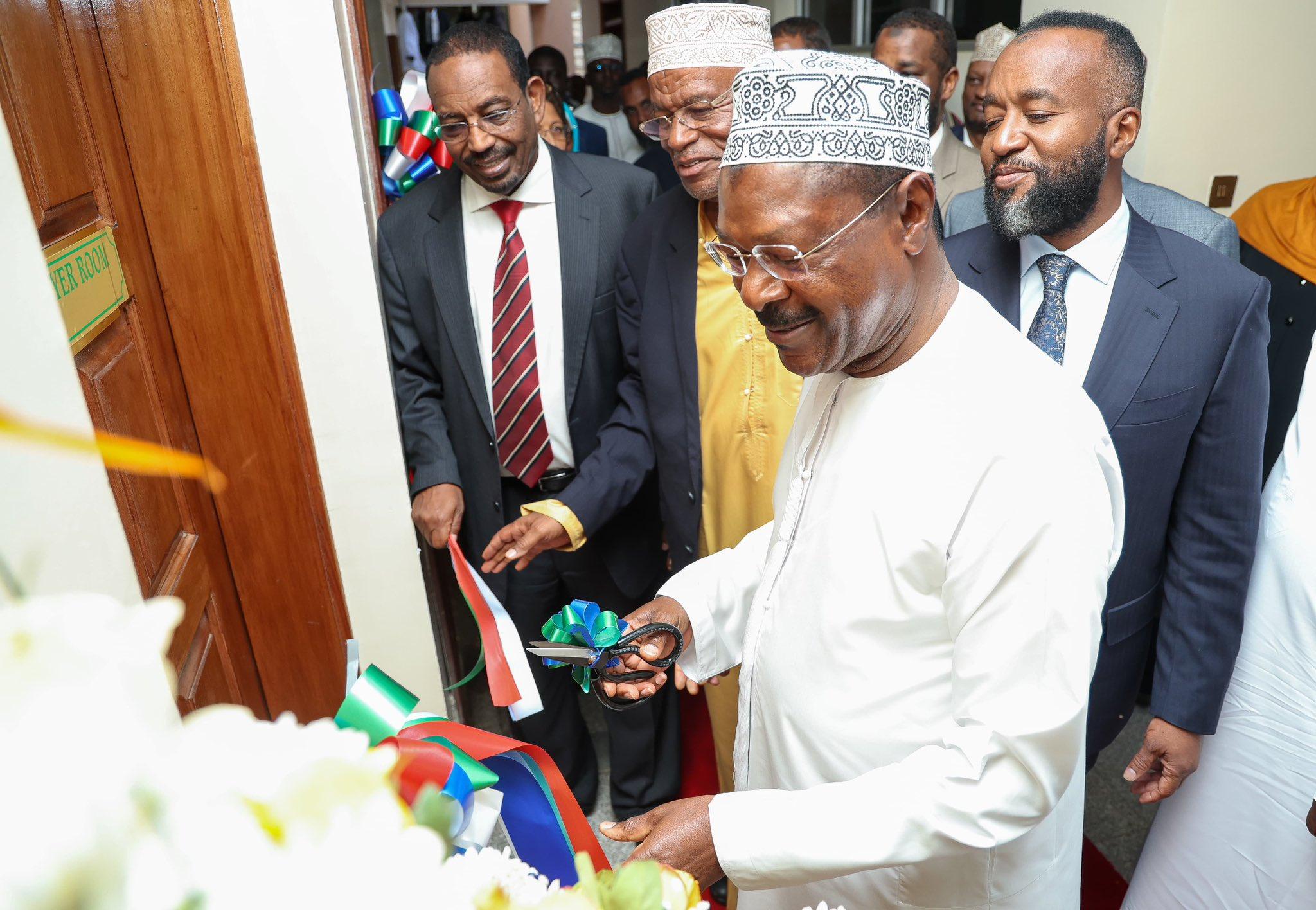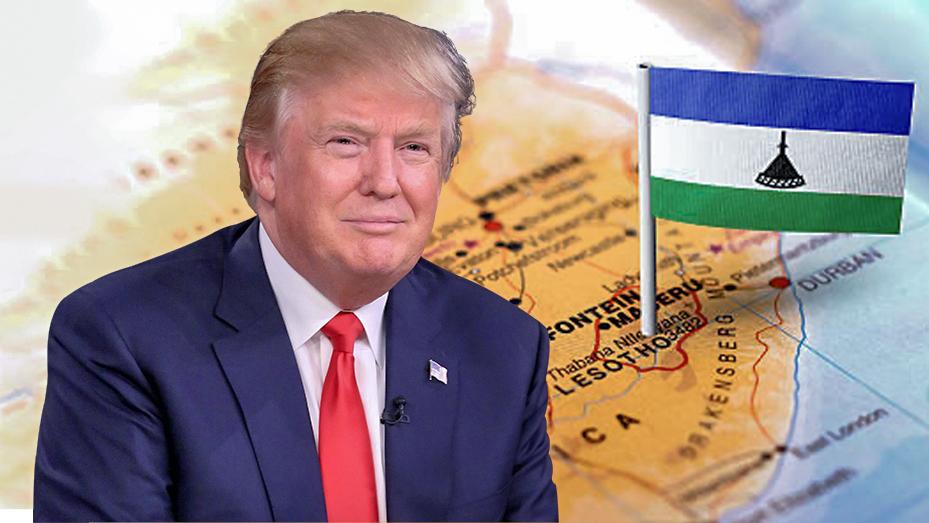The government now says it opted for the Government-to-Government oil deal due to a threat by oil marketing companies not to import fuel.
In a statement on Thursday, Government Spokesman Isaac Mwaura said the G-to-G oil deal was above board.
"The Government-to-Government oil purchase arrangement was arrived at following a threat of failure by Oil Marketing Companies to supply petroleum products due to their inability to access the products as a result of US dollar liquidity scarcity and coupled with outstanding subsidy arrears owed by the government to OMCs," he said.
Mwaura said the threat was evident from several incidences of fuel shortages at the retail petrol stations.
He said the requirement by marketers to pay for imports in US dollars within five days caused them the trouble of hopping from one bank to another to secure the required dollars.
"All this persisted until the Kenya Kwanza government came to power in an effort to prevent the economy from the brink of shutdown over the paralysis in the petroleum supply chain in the country. The new administration had to look for a quick and viable solution resulting to the Government to Government mode of supply," he said.
He added that the method is in line with Kenya Kwanza's manifesto to use the value chain model rather than the supply chain to cushion Kenyans from cartel-like behaviour in the pricing and supply of basic and essential commodities.
Mwaura said the government issued a tender where government-owned International Companies from oil-producing countries were invited to bid for the supply of petroleum products on March 1, 2023, on a six-month deferred payment terms with a contract period of nine months.
By the close of the tender on March 6, 2023, Mwaura said the bids were received from seven oil marketing companies including Emirates National Oil Company, Abu Dhabi National oil Company, Saudi Aramco, Petrosa and Trafigura, Vitol Bahrain, OQ Trading and State-Owned Company of the Republic of Azerbaijan.
"Out of this, two private companies were not qualified, while the other five government-owned were shortlisted. Three of them qualified, according to the terms and conditions set out by the Energy and Petroleum Authority, (EPRA)."
The Government Spokesman said the state signed a Memorandum of Understanding (MoU) with the Kingdom of Saudi Arabia and the United Arab Emirates on March 10, 2023.
He said the MoU came into effect when the Ministry of Energy and Petroleum entered into a Master Framework Agreement with Aramco Trading Fujairah FZE (ARAMCO), Abu Dhabi National Oil Company (ADNOC) Global Trading Ltd and Emirates National Oil Company (Singapore) Private Limited (ENOC).
This, he said, marked the beginning of the Government-to-Government petroleum products supply on extended credit terms of 180 days.
Mwaura said the process underwent thorough scrutiny by relevant government agencies including the National Treasury and the Office of Attorney General.
He said documents supporting the process include MoUs, the Master Framework, the Agreement, the Letter of Support and the Operational Government (between Banks, the Nominated Oil Marketing Companies and the Ministry of Energy and Petroleum).
He dismissed claims by some leaders that the government handpicked and nominated the involved Oil Marketing Companies.
Mwaura said that the issue of the oil deal has been used to paint Cabinet Secretaries of the Ministry of Energy and Petroleum and the National Treasury along with affiliate Agencies management in a bad light.
"Kenyans are about to realize favourable pump prices as the Government-to-Government arrangement takes full effect in the short and medium term," Mwaura said.
Opposition chief Raila Odinga on Monday demanded the resignation of President William Ruto’s two Cabinet Secretaries whom he claimed are criminally culpable in what he called a multibillion-shilling oil "scam".
In a press statement, Raila said he wants Treasury Cabinet Secretary Ngujuna Ndung'u and his Energy counterpart Davis Chirchir to quit over what he termed as a monumental scandal that has caused fuel prices to surge sharply in Kenya.
"CSs Davis Chirchir and Njuguna Ndung'u have gone against the constitution, committed criminal offences, and abused office. They must not only resign but also be prosecuted," he said.
The Azimio leader alleged that the G-to-G deal was a corruption scandal hatched to withdraw money from the exchequer against the law.
He justified his claims by pointing out that the State-owned National Oil Company was bypassed by government in favour of handpicked private players.










